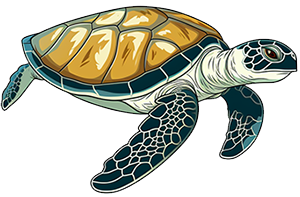Dissections in the Classroom
Most biology students dissect the frog their freshman or sophomore year. Advanced students in anatomy or biology may dissect mammal specimens, like cats, minks, fetal pigs, and rats. Though with most AP Biology classes, a dissection is optional.
The rat is an inexpensive way to explore advanced topics of anatomy and physiology. For many students, this will build upon dissections they performed their freshman year. The rat is a large enough specimen that most of the body systems are easy to view.
The activity is more involved that what they did their freshman year. It explores the muscles, and circulatory system with greater detail than earlier frog dissections.

Lab Guide
This set of lab guides provides instructions for dissecting a preserved rat. Students start with the external anatomy, noting features of the rat such as whiskers and the nictitating membrane of the eye.
Then, students carefully skin the rat to reveal the major muscle groups . They expose the hip joint and review the names of bones and attached muscles. Diagrams of the rat skeleton and muscles are included. Students can also take home a coloring activity that compares the skeleton of the rat to frogs, horses, and humans.
Next, students open the body cavity to reveal internal structures. They explore the digestive system, circulatory and excretory systems. During the activity, students are required to use colored pins to indicate structure they are supposed to find. Instructors can quickly check pins to ensure that students are staying on-task and identifying the correct organs.
Questions are included throughout the lab guide to help students with reading comprehension and reviewing functions of systems and organs.
 Download Student Lab Handouts
Download Student Lab Handouts
View each page individually or download the entire Rat Dissection Guide:
Introduction to the Dissection of the Rat
External Anatomy, Muscles, Bones, Neck
Thoracic, and Abdominal Organs of the Rat
Rat Checklist and Dissection Rubric
Grade Level: 9-12
Time Required: 2-3 Hours
See also: Rat Dissection Photo Gallery – contains images with labels to help students identify structures

